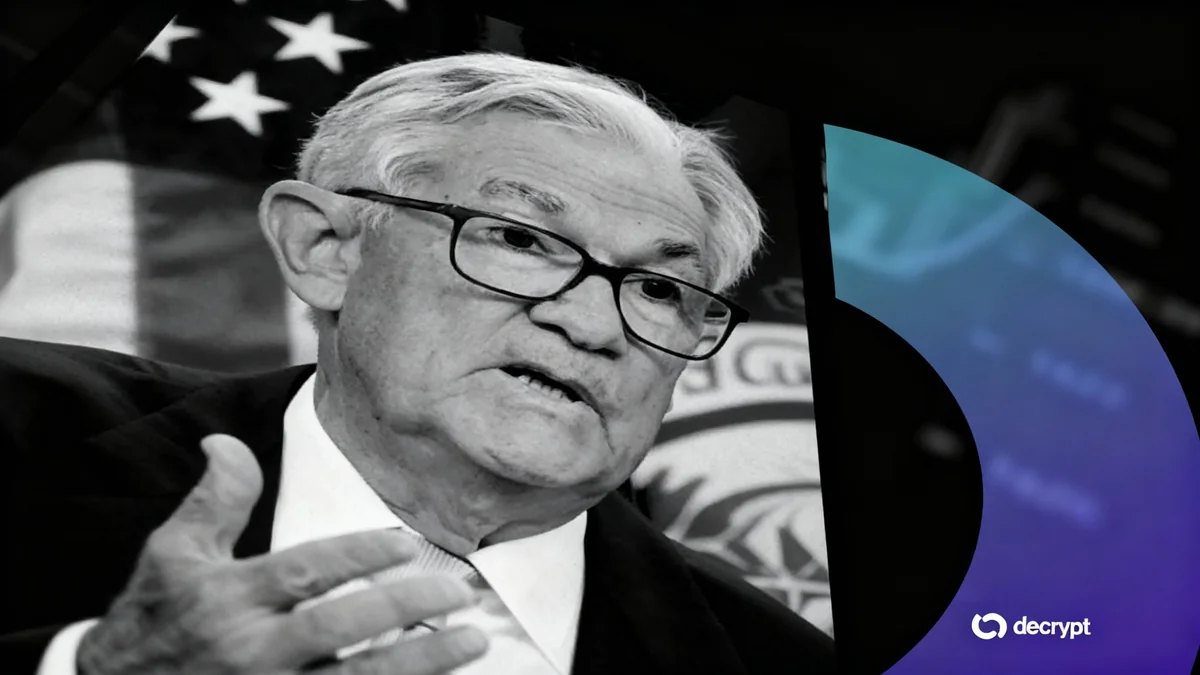The digital asset market is currently navigating a complex environment marked by significant regulatory advancements, persistent security risks, and speculation around new financial products. Key developments include the United Arab Emirates adopting a global tax reporting framework and continued anticipation for a potential token from MetaMask, highlighting the industry's ongoing evolution.
Key Takeaways
- The United Arab Emirates has agreed to implement the OECD's crypto-asset tax reporting framework by 2027, increasing global financial transparency.
- Speculation about a MetaMask token continues after comments from Consensys CEO Joe Lubin, with prediction markets gauging a potential launch timeline.
- A security incident involving a crypto streamer who lost $31,000 in donations highlights the ongoing risks of malware and social engineering in the space.
- Financial firms are proposing increasingly specialized crypto ETFs, such as an "AltAlt Season" fund, to meet growing investor demand for diverse digital asset exposure.
Global Regulation Gains Momentum with UAE Agreement
The United Arab Emirates has taken a significant step toward aligning its digital asset sector with international standards. The nation officially committed to the Crypto-Asset Reporting Framework (CARF), an initiative developed by the Organization for Economic Cooperation and Development (OECD).
By signing the Multilateral Competent Authority Agreement, the UAE will automatically exchange tax-related information on crypto transactions with other participating global authorities. This move is designed to combat tax evasion and increase transparency in the rapidly growing digital asset market.
What is the Crypto-Asset Reporting Framework?
The CARF, developed in 2023, establishes a standardized method for collecting and sharing information on crypto-asset transactions. It requires crypto service providers, such as exchanges and wallet providers, to report details of their users' activities to local tax authorities, who then share this data with other jurisdictions. This framework aims to give tax bodies better visibility into cross-border crypto activities.
The UAE's Ministry of Finance has launched an industry consultation to determine the specific implementation details. The framework is scheduled to be fully operational in the country by 2027. This decision places the UAE among a growing number of nations adopting stricter oversight of the crypto industry, reflecting a global trend toward more robust regulation.
Speculation Surrounds Potential MetaMask Token Launch
In the product development space, attention has turned to MetaMask, one of the most widely used self-custodial crypto wallets. Joe Lubin, the CEO of Consensys (MetaMask's parent company) and a co-founder of Ethereum, recently reignited speculation about a long-awaited MetaMask token.
During a recent event, Lubin stated that a token is "on the way" and suggested it "may come sooner than you would expect." These comments have fueled activity in prediction markets, where traders bet on the likelihood of future events.
"We believe in progressive decentralization... We are on the path of progressive decentralization. We are careful about how we do it." - Joe Lubin, CEO of Consensys.
On one such platform, Myriad Markets, participants have been actively wagering on the launch timeline. As of this report, the market indicated a 32% probability of an official MetaMask token being launched before November 1. While no official date has been confirmed, the CEO's remarks have led to increased anticipation for what could be one of the industry's most significant token distributions.
The Significance of a MetaMask Token
A token launch from MetaMask would be a major event due to its massive user base, estimated to be over 30 million monthly active users. A token could be used for governance, allowing users to vote on the future development of the wallet, or to provide utility within the Consensys ecosystem. Airdrops of new tokens from popular platforms have historically rewarded early users with significant value.
Security Risks Remain a Persistent Threat
While the industry matures, fundamental security challenges continue to affect participants. A recent incident served as a stark reminder of the dangers of malware in the crypto space. A Latvian livestreamer, Raivo “Rastaland” Plavnieks, who was raising funds for stage 4 cancer treatment, lost over $31,000 in cryptocurrency donations.
The funds were stolen after Plavnieks downloaded a malicious game from Steam, a popular PC gaming platform. The software contained a drainer script that compromised his digital wallet and transferred the assets to an attacker's address. The stolen funds were primarily in a Solana-based token named CANCER, which he had created on the Pump.fun platform for his fundraising campaign.
Community Rallies in Support
Following the theft, the crypto community demonstrated its supportive side. Other content creators, developers, and investors quickly rallied to help. They sent replacement funds directly to Plavnieks, purchased his CANCER token to support its value, and on-chain analysts began tracking the stolen assets in an attempt to identify the perpetrator.
This event highlights a critical vulnerability for crypto users: the risk of downloading compromised software. It underscores the importance of stringent security practices, such as using dedicated devices for managing crypto assets and thoroughly vetting all downloaded files.
Innovation in Crypto Investment Products Continues
As regulatory frameworks solidify, financial product issuers are exploring more creative ways to offer investors exposure to the digital asset market. The growing popularity of spot Bitcoin and Ethereum exchange-traded funds (ETFs) has paved the way for more specialized proposals.
One of the more unusual recent filings with the U.S. Securities and Exchange Commission (SEC) is for a fund named the Quantify 2X Daily AltAlt Season Crypto ETF. Proposed by Tidal Financial Group, the fund's name has caused some confusion even among industry experts.
The term "AltAlt" is not standard industry jargon. It appears to signify an investment strategy that goes beyond major alternative cryptocurrencies (altcoins) like Solana or Cardano to focus on smaller, more speculative assets. The "2X Daily" component suggests it would be a leveraged ETF, aiming to provide double the daily returns of its underlying index, which also doubles the risk.
This proposal is part of a broader trend of financial firms trying to capture niche segments of investor interest. While it is uncertain if the SEC will approve such a speculative product, the filing itself indicates a strong market appetite for regulated investment vehicles that offer exposure beyond just Bitcoin and Ethereum.





